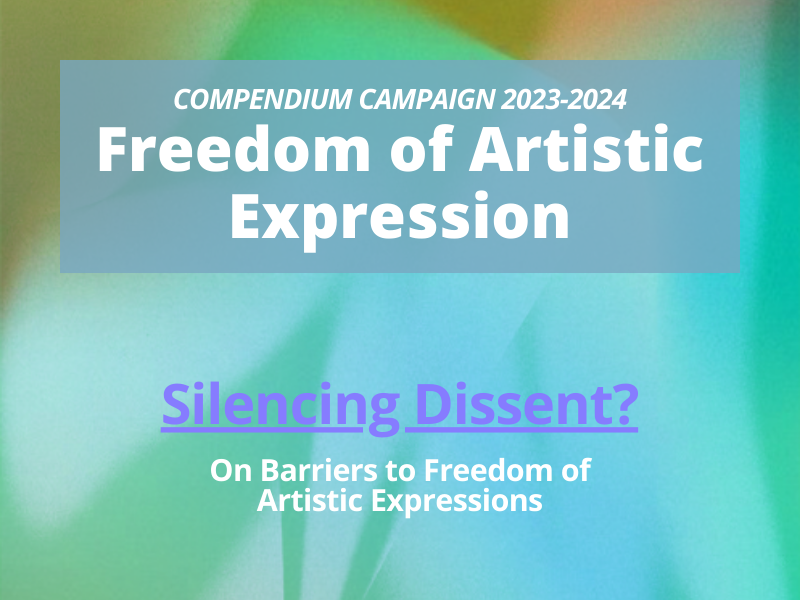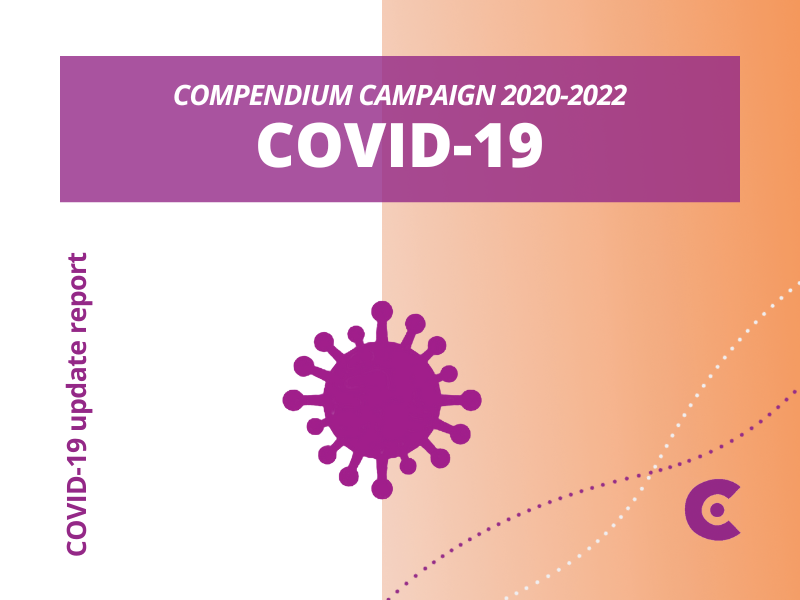Founded as a project of the Council of Europe, the Compendium sees it as one of its tasks to represent and promote the principles of democracy, the rule of law and human rights. As an information exchange and monitoring portal, the Compendium often sees the difficulty of scientific research and processes not being able to adapt immediately to our fast and ever-changing world. But at a time when one crisis follows another and human rights are being curtailed all over the world, it is crucial to raise awareness on different perspectives, values and approaches – and to be able to do so instantly.
New Technologies (2024-2025)
At the 6th General Assembly of the Compendium Association and Assembly of Compendium Experts, the rapid emergence of new technologies and its benefits as well as its risk for its use in the cultural sector was identified as one of the most important issues of current times. In order to compare how different countries are dealing with the emerging potential and concurrent risk of new technologies in the cultural sector, we have implemented a working group with experts from various countries. Further updates on this topic will be provided later this year.
Freedom of Artistic Expression (2023-2024)
The board of the Compendium Association described freedom of artistic expression as a fundamental element of cultural policy for the preservation of a democratic, healthy and free society. Based on the current Russian invasion of Ukraine, the Compendium sees an increase in populist and anti-democratic tendencies in observed European cultural policies. Therefore, the Compendium, as well as all other art and cultural actors, should constantly point out the importance of freedom of artistic expression in order to preserve the right to raise one’s opinion freely. During our campaign we released a four part report titled “Silencing Dissent? On Barriers to Freedom of Artistic Expression” and conducted a survey on the state of Artistic Freedom in Europe.
COVID-19 (2020-2022)
When the COVID 19 crisis erupted, the Compendium initiated the first research campaign to identify the impact on the European cultural sector and its policies. This initiative led to more than 30 country members publishing a “COVID 19 Update Report” monitoring the crisis management of their respective countries. The aim was to quickly share and compare experiences in order to speed up adaptation processes in case of further pandemic waves.



